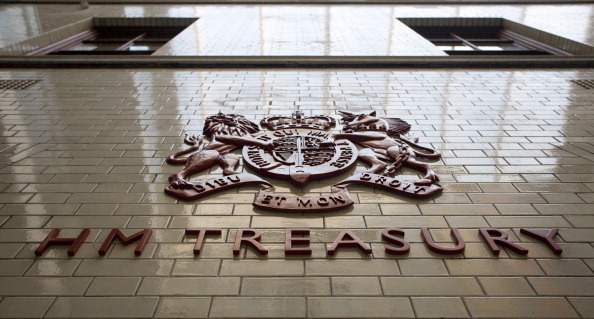UK government spending surplus shrinks in July

The UK government earned £1.3bn more in taxes than it spent in July 2019, official figures showed today, a smaller surplus than economists had expected.
Read more: Chancellor Javid to simplify’ the tax system in Autumn budget
Analysts predicted a £2.7bn surplus in public borrowing in the first figures under new chancellor Sajid Javid, but higher spending and lower tax receipts reduced the gap. It was also considerably lower than the £3.5bn surplus seen in July 2018.
The surplus was reduced by rising purchases of goods and staffing costs following the lifting of the one per cent pay cap for public sector workers. Receipts were dampened by lower proceeds from the Bank of England’s asset-purchasing programme.
It means the government is set to miss the spending forecasts set by its budget watchdog. In its analysis of the figures, the Office for Budget Responsibility (OBR) said central government sending was up 6.3 per cent for the year to date, well above its full-year forecast of a 3.3 per cent rise.
“Given the relatively small deficit last year, that translates into a 60 per cent rise in year-to-date borrowing,” the OBR said.
Government spending is set to rise further when new chancellor Sajid Javid presents his budget this Autumn.
The government has already announced £2bn of extra spending to prepare for a no-deal Brexit. Prime Minister Boris Johnson campaigned for the Conservative party leadership on pledges of tax cuts and increased funding for schools and hospitals.
Howard Archer, chief economic adviser to the EY Item Club, said: “July is typically a month where the public finances are in surplus” due to medium-sized and large companies making corporation tax payments and the second payments for self-assessment liabilities coming due.
“But central government revenues were down 0.5 per cent on a year earlier, reflecting a combination of weak activity and the generous increases in income tax allowances which came into force in April.”
Read more: Sajid Javid quashes stamp duty speculation
“But with the new administration signalling a change of direction on fiscal policy, it seems unlikely that changes to the OBR’s forecasts will be the binding constraint on policy that they have been in the past.”